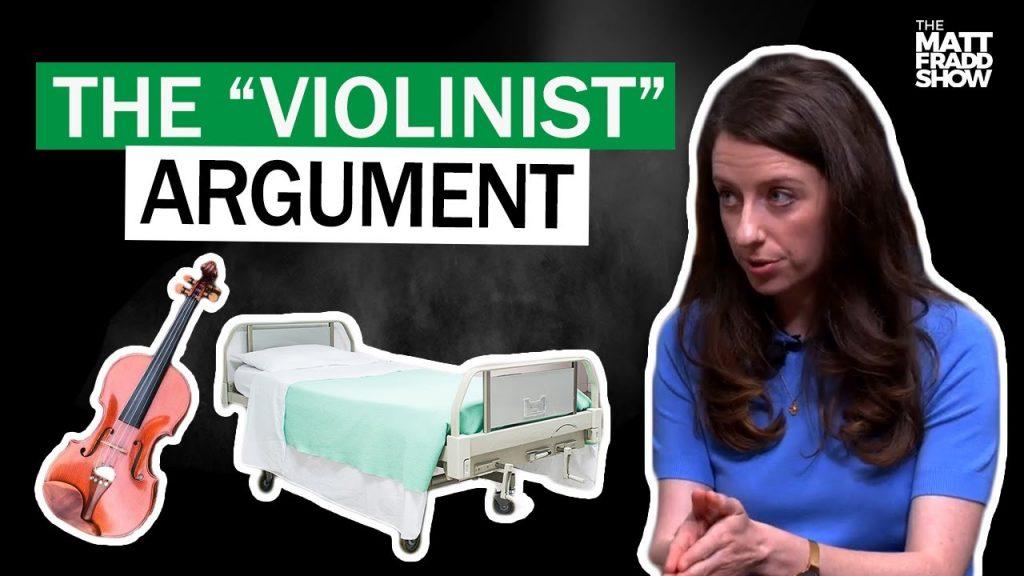The pro-choice argument of “unplugging the violinist” is one of the strongest and most popular arguments in the abortion debate. The argument, proposed by philosopher Judith Jarvis Thompson, suggests that even if the fetus is considered a person, a woman still has the right to terminate her pregnancy because the fetus does not have the right to use her body without consent, just as a person does not have the right to use someone else’s body without their consent.
While this argument may seem convincing at first glance, it is important to examine it more closely. One key difference between the violinist scenario and pregnancy is that in the vast majority of cases, a woman has consented to the act of sex that led to the pregnancy. Just as playing baseball with the risk of breaking a neighbor’s window implies consent to pay for damages, consenting to sex implies acceptance of the possibility of pregnancy.
Furthermore, the argument ignores the biological reality of pregnancy. The fetus is not an external entity like the violinist, but rather a natural consequence of the woman’s own reproductive system. It is not simply a matter of unplugging a device, but rather terminating the life of a developing human being.
Additionally, the argument assumes that the woman’s bodily autonomy takes precedence over the fetus’s right to life. However, the right to bodily autonomy is not absolute and must be balanced against other rights and considerations. In the case of pregnancy, the fetus’s right to life must be taken into account.
While it is important to consider and address the best arguments of the opposition, the “unplugging the violinist” argument ultimately falls short when examined closely. It relies on oversimplification and ignores important factors in the abortion debate.
In conclusion, while the “unplugging the violinist” argument may seem like a strong pro-choice argument, it ultimately fails to stand up to scrutiny. It is important to consider all aspects of the abortion debate and strive towards a solution that values both the woman’s rights and the rights of the unborn.

